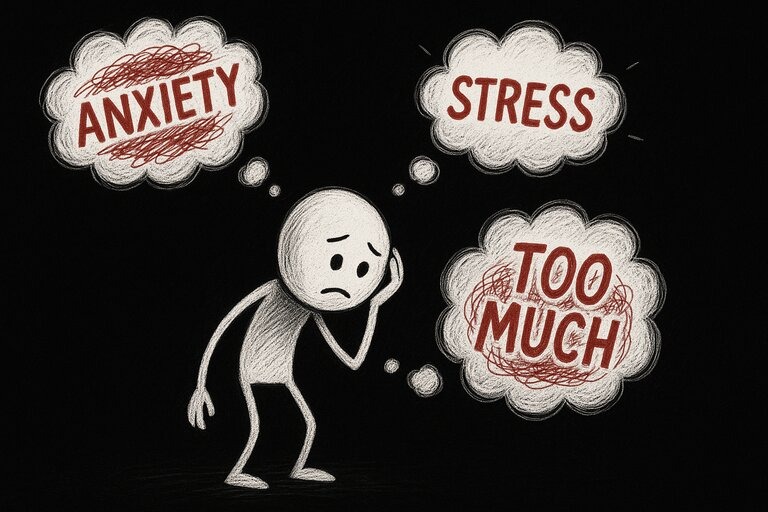
Embracing Forgiveness: A Path to Emotional Healing
In the hustle and bustle of life, forgiveness often feels like a daunting mountain to climb. Yet, it is a vital journey, one that can offer profound healing for both ourselves and our relationships.
In a world where we grapple with past hurts and the weight of unspoken grievances, mindfulness practices—specifically guided forgiveness meditations—can help us drop those burdens and find peace.
What is Forgiveness Meditation?
Forgiveness meditation is a thoughtfully structured practice that aims to promote healing through self-compassion and empathy. It involves directing kindness towards ourselves and others, even when it feels uncomfortable.
As Will Schneider articulates in his guided meditation, it is essential to approach forgiveness from a place of vulnerability. He emphasizes the importance of not forcing forgiveness, but rather allowing it to emerge naturally, leading to emotional release.
The Importance of Kindness in Forgiveness
Kindness is pivotal in the forgiveness process. Recognizing our imperfections can alleviate the burdens of guilt and resentment. Schneider invites us to imagine both the offender and the offended in our meditation practice, fostering understanding by viewing each party through the lens of shared humanity.
This gentle approach promotes healing not just for the one we seek to forgive but also for ourselves, allowing us to grow through our experiences.
Unlocking Emotional Resilience
The journey towards forgiveness is not solely about making amends with others; it is also about our internal dialogue. By engaging in forgiveness meditation, we cultivate emotional resilience, which empowers us to manage stress and anxiety more effectively.
Grounding ourselves in the present moment through mindful awareness of our breath assists in calming our nervous system. This practice ultimately helps mitigate feelings of overwhelm and supports mental clarity.
A Practical Guide: Navigating the Three Steps of Forgiveness Meditation
To help facilitate your meditation journey, here’s a brief outline of the three steps involved as taught by Schneider:
Connect with Your Breath: Begin by finding a comfortable position. As you breathe, place a hand over your heart, encouraging a sense of warmth and kindness.
Reflect on a Mistake: Bring to mind a situation where you have caused harm, whether intentional or not. Visualize that moment clearly without immersing yourself in it, remaining within a moderate emotional range.
Offer Forgiveness: From a heartfelt place, say affirmations like "I'm sorry. Please forgive me" as you visualize the individual involved. This acknowledgment is a powerful act of self-compassion.
Building Community Through Empathy and Forgiveness
For Sacramento residents interested in mindfulness, engaging in forgiveness practices can foster a more emotionally connected community. Events like local guided sessions can help individuals bond over shared experiences of healing.
This sense of community support can amplify the benefits of mindfulness by highlighting the transformative potential of collective forgiveness, delivering not only individual peace but also strengthening community ties.
Final Thoughts: The Healing Power of Forgiveness
Forgiveness does not erase the past; rather, it empowers us to redefine our narratives and move forward. By practicing forgiveness meditation, we unlock doors to emotional wellness, providing pathways towards resilience.
The journey may feel intimidating, but remember that every step taken in kindness—both towards ourselves and others—leads to a lighter, more fulfilling existence.
It is time for Sacramento residents to embrace these mindfulness strategies, allowing forgiveness to take root and transform our lives. Together, let us stroll towards emotional wellness, guided by the gentle light of forgiveness and compassion.
 Add Row
Add Row  Add
Add 





 Add Row
Add Row  Add
Add
Write A Comment